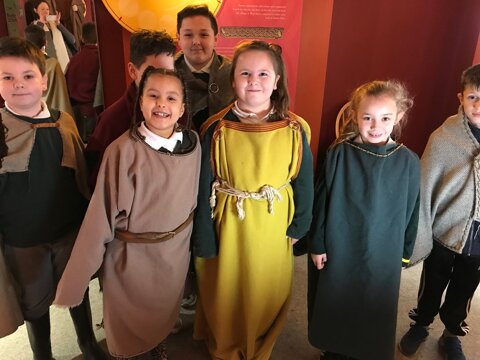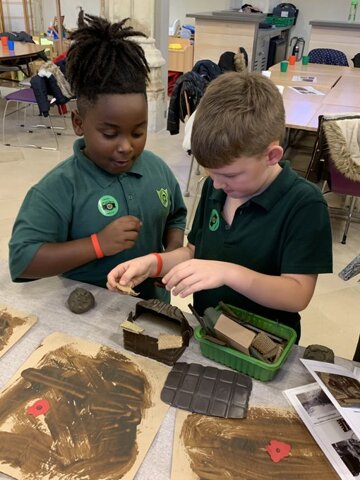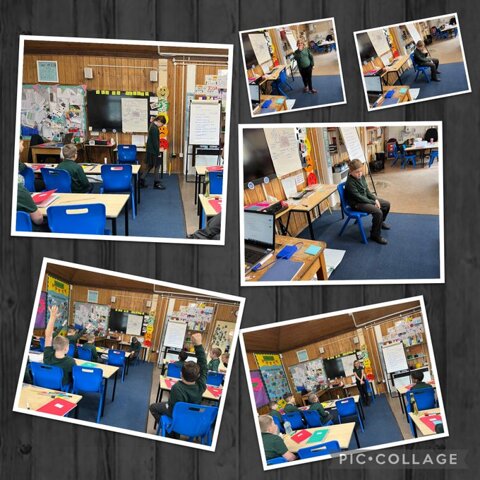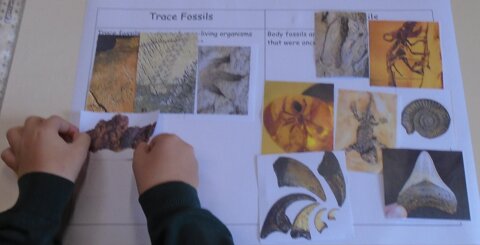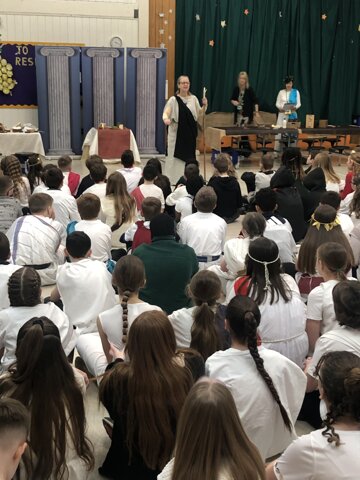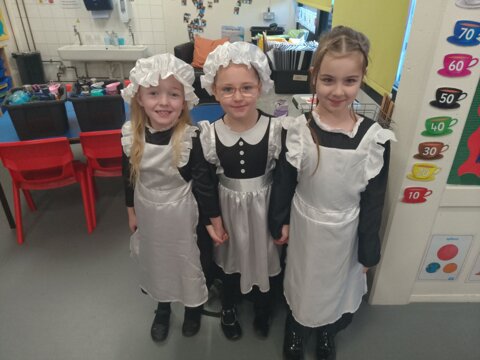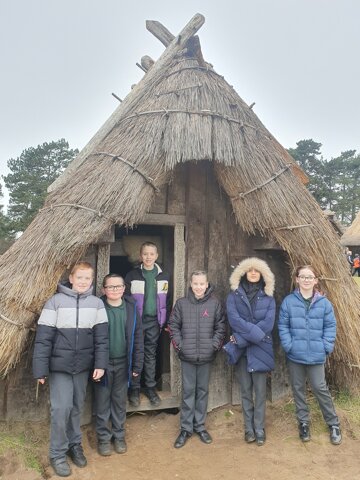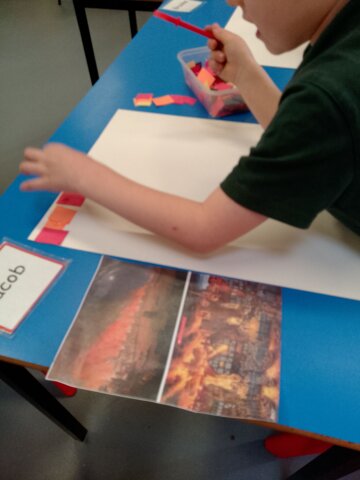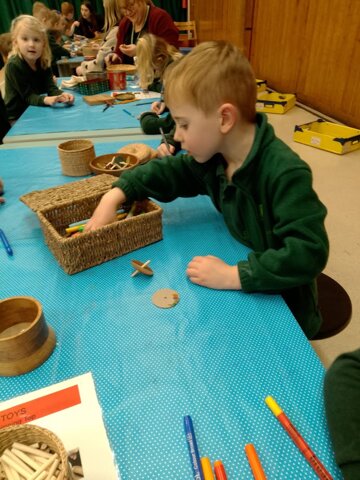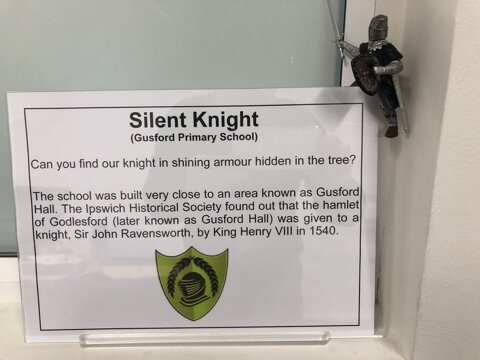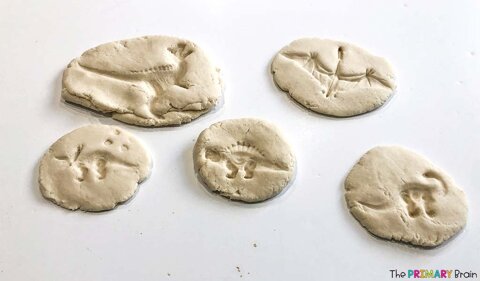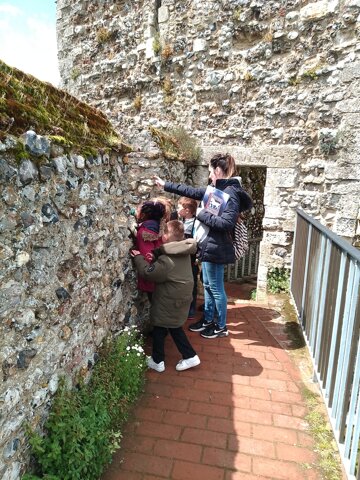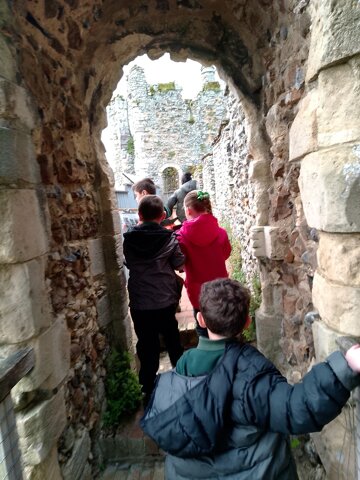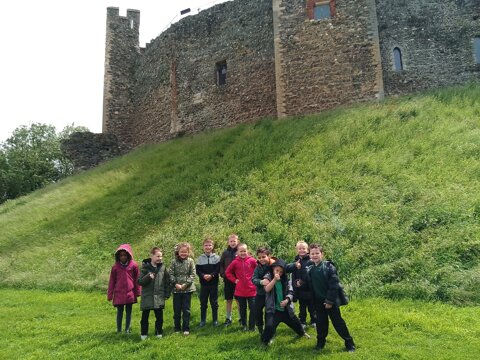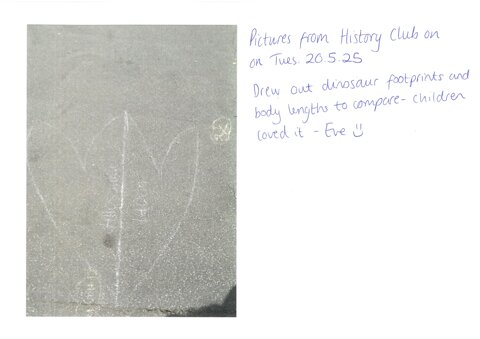Intent
During their time at Gusford Primary School, it is our intent that every child will experience a rich and varied History curriculum that allows them to understand the complexity and diversity of past societies and how their changes and achievements have shaped the world around us now. Our children will acquire subject knowledge about historical time periods in Britain and the wider world. In addition, they will develop subject skills to ‘work historically’, principally understanding chronology, continuity and change, cause and consequence, similarity and difference, significance and interpretation. Running through our curriculum are reoccurring key concepts that highlight important commonalities of human societies throughout history. Our curriculum is organised to offer children of all abilities the opportunity to maximise their learning through a sequence of broadly chronological learning units that also utilises links with other subjects to enhance their learning experiences.
Implementation
Learning begins with revisiting prior knowledge. Each unit of learning starts with recalling previous knowledge and making connections through scaffolded support. The importance of revisiting prior learning continues in each lesson by using review questions to improve retention of knowledge and vocabulary. Children are supported in retaining information through the use of a knowledge organiser. This allows children to independently check key information and vocabulary as they learn and is used as an aid to assess their progress.
Understanding vocabulary is a vital part of history learning so children can express themselves clearly. Every lesson includes an emphasis on learning new vocabulary. This vocabulary includes history subject language that builds in complexity over time and topic specific language crucial in understanding their unit of learning.
Learning is deepened by using a range of activities that encourage learners of all abilities to demonstrate their understanding. A range of artefacts and visual aids are used in all year groups to stimulate thinking and primary and secondary evidence is used to develop historical thinking skills and encourage critical thinking as children get older. Unique experiences to enrich the curriculum are carried out in each year group through trips and visitors to create memorable learning opportunities.
Impact
At the end of KS1 and KS2, the children’s learning is assessed against the age-related expectation bands that are based on the 2014 National Curriculum statements for History. Formative assessment is used to determine children’s understanding and to inform teacher’s planning. This is reviewed by the subject leader, who also carries out regular learning walks, book studies and lesson observations.
History Documents
History Vocabulary Mats Nursery
History Vocabulary Mats Reception
History Knowledge Organisers Year 1
History Knowledge Organisers Year 2
History Knowledge Organisers Year 3
History Knowledge Organisers Year 4
History Knowledge Organisers Year 5
History Knowledge Organisers Year 6
History Gallery

